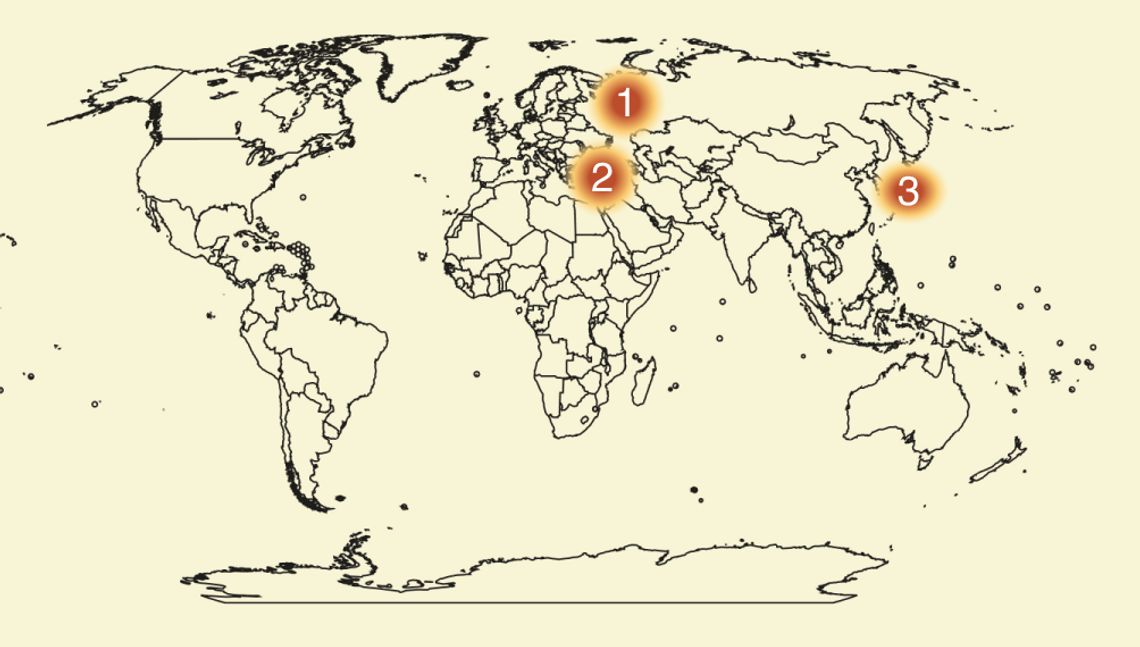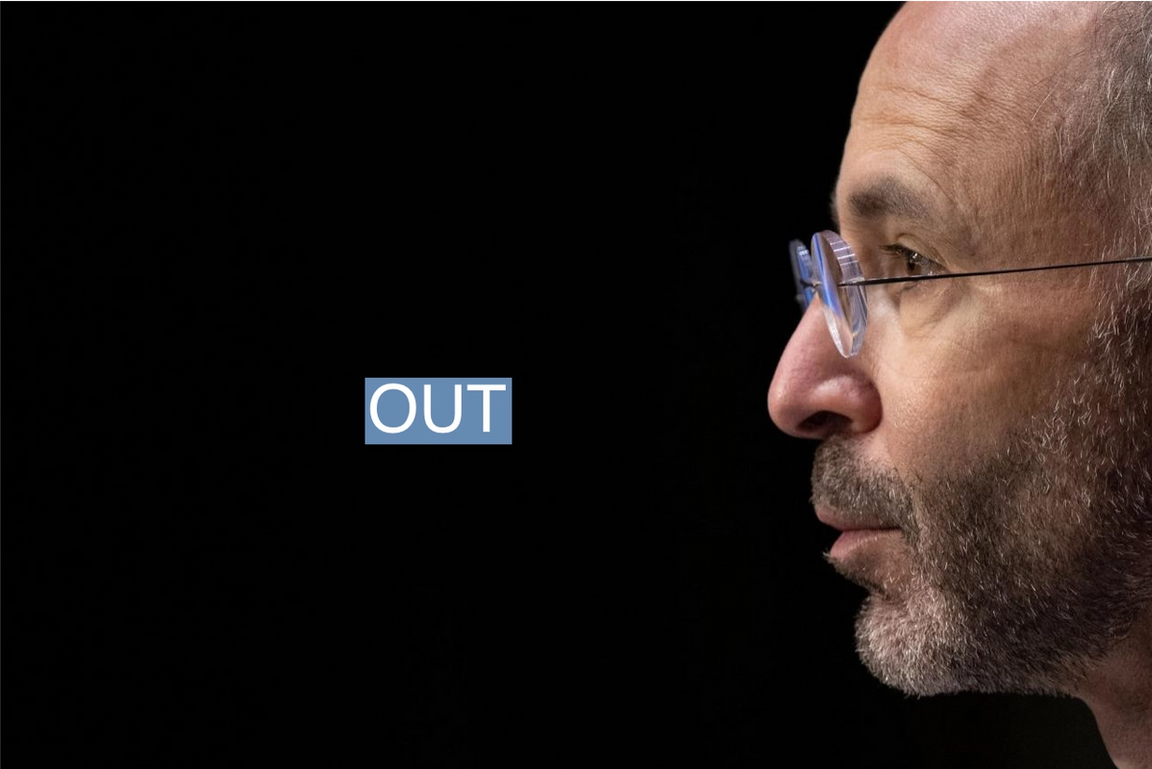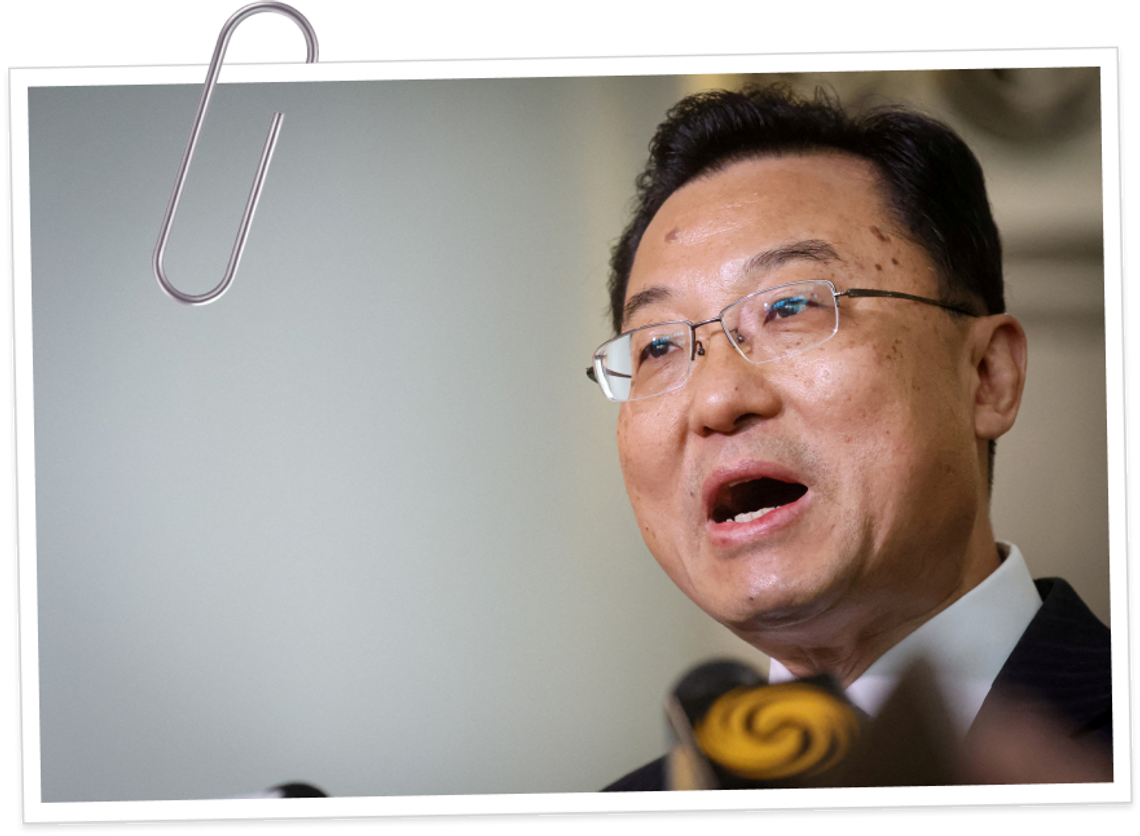 Nordin Catic/Getty Images for The Cambridge Union Nordin Catic/Getty Images for The Cambridge UnionTHE NEWS Four years ago, Sviatlana Tsikhanouskaya was an English teacher and translator living in Minsk with her political activist husband. Today, she’s Belarus’s leader-in-exile who has a sharp warning for the West about Russian mutineer and mercenary leader Yevgeny Prigozhin’s recent move to her homeland in eastern Europe. Prigozhin and his men won’t stay quiet or contained in Belarus, she told Semafor in an interview on Wednesday from Brussels. But they’ll serve as a praetorian guard for Belarusian dictator Alexander Lukashenko and potentially launch strikes on Ukraine from bases in the former Soviet republic. “We actually should watch closely what will be the consequences of the situation for Lukashenko himself because, as far as I understand, he doesn’t know what to do with Prigozhin now,” Tsikhanouskaya said. “He’s explaining it to the Belarusian people: These Prigozhin troops will educate the Belarusian army or the Belarusian military officers, how to fly, how to control helicopters. But I think the only thing that these Prigozhin thugs can teach is to how to rape, how to murder, how to kill people.” Lukashenko asserted himself last Saturday as a self-proclaimed peacekeeper when he brokered the end of Prigozhin’s attempted mutiny against Russia’s military leadership. After a string of calls with Lukashenko, Prigozhin agreed to stop his march on Moscow in exchange for safe passage to Belarus and Russian President Vladimir Putin agreeing to drop treason charges against the Wagner Group commander and his men. Tsikhanouskaya said that she doesn’t think Lukashenko’s intervention was driven by altruism, or a sincere desire to prevent bloodshed. “Lukashenko was scared, but not for the fate of the Kremlin. He was worried only about his own power,” she said. “He knew that if Russia, with the Kremlin, starts collapsing or scrambling, Lukashenko will be the next … He wanted to save himself.” STEP BACK Tsikhanouskaya emerged on the global stage in July 2020 when she stood in for her jailed husband, Sergei Tikhanovsky, to challenge Lukashenko in presidential elections. The strongman seemed to discount the prospects of a female candidate and allowed her to campaign. But electoral monitors and most Western governments concluded Lukashenko systematically rigged the vote and then arrested many opposition leaders in its wake. The European Union and U.S. never recognized the results, and slapped sanctions on Belarusian officials allegedly involved in executing the fraud. She was sentenced in absentia by a Belarusian court this March to 15 years in prison for high treason and conspiracy to seize power. Tsikhanouskaya fled first to Poland, and then Lithuania, from where the 40-year-old now leads a government-in-exile, called the United Transitional Cabinet. She told Semafor that she covertly maintains contact with a network of sympathetic Belarusian government officials, military officers, and civil society leaders to monitor events. She said she’s specifically focused on gauging the entrance of Wagner fighters into her country and assessing whether they’re being activated for military purposes. Satellite images obtained by news organizations this week appeared to show a new military base being constructed for Wagner south of Minsk. “We have our people’s intelligence inside the country, people watching closely which cars are coming to Belarus … and if such a big quantity of people will arrive to our country,” she said. “But we don’t have such evidence yet.” Tsikhanouskaya has been pressing Belarusians to resist Russia’s growing military presence in their country, which includes the stationing of forward troops and the expected deployment of tactical nuclear weapons. The opposition leader wrote recently about how the Belarusian underground is staging increasingly aggressive operations to sabotage the Russian war machine. This included a March drone attack on a Kremlin surveillance aircraft stationed at the Machulishchy airfield near Minsk. Tsikhanouskaya today is pushing the international community to stop engaging the Lukashenko administration and recognize her United Transitional Cabinet. She said her organization has made advances: She attended the Council of Europe Summit in Iceland last month, and has had a regular dialogue with the Biden administration, including a meeting and phone call with Biden himself. But she said the international community’s isolation of the Lukashenko regime hasn’t been uniform enough, and the opposition has yet to rightfully fill the void. “Wonderful, so let’s move further,” Tsikhanouskaya said. “And this is what I want to see from the world: Don’t legitimize Lukashenko yourself and don’t leave an empty chair instead of the voice of Belarus.” For Next Steps, read here. | 








